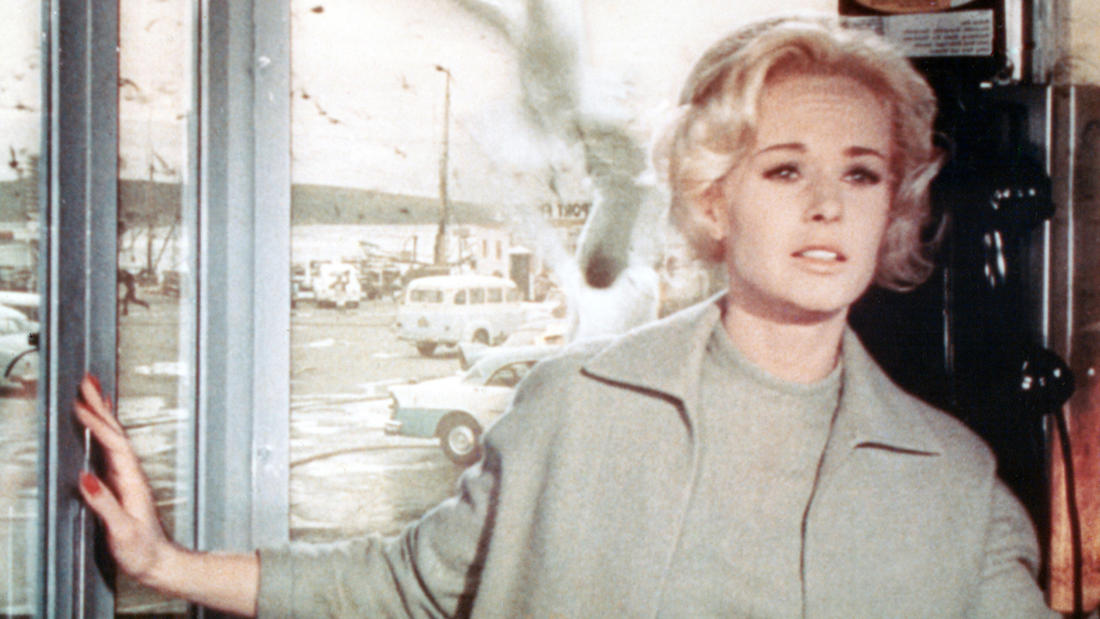
Austin Film Society Austin, TX
Carlos A. Botero, Ph. D.
Associate Professor, Department of Integrative Biology at the University of Texas at Austin; Principal Investigator, The Botero Lab
andLucas Legendre, Ph. D.
Research Associate, The Clarke Lab, Department of Earth and Planetary Sciences at the University of Texas at Austin
The Birds— What's the deal with these birds?
Program Description
The birds in Alfred Hitchcock's horror classic are famous for their unexplained, almost anthropomorphically vengeful behavior toward the residents of the quaint Bodega Bay. Dr. Botero and Dr. Legendre will share some of the recent science about analyzing avian evolution and behavior to bring further context and insight into Hitchcock's enigmatic story.
This event is part of our 2024 National Evening of Science on Screen.
Presented At
Austin Film Society Austin, TX
Film Synopsis
A wealthy San Francisco socialite pursues a potential boyfriend to a small Northern California town that slowly takes a turn for the bizarre when birds of all kinds suddenly begin to attack people there in increasing numbers and with increasing viciousness.
Alfred Hitchcock's 1963 classic, about frenzied feathered flocks that terrorize a quiet community, is one of the Master of Suspense's most anxiety-inducing films. After chic socialite Melanie Daniels (Tippi Hedren) meets handsome lawyer Mitch Brenner (Rod Taylor) in a San Francisco bird shop, she pursues him to the small California coastal town of Bodega Bay, where he spends weekends with his possessive mother (Jessica Tandy) and younger sister. Shortly after she arrives, a seagull swoops down and pecks her on the forehead. Gradually, ordinary birds in the hundreds and then thousands alight on the town and start attacking everyone and everything with increasing aggression.
About the Speaker
Dr. Carlos Botero is an integrative evolutionary ecologist broadly interested in how basic ecological processes can influence micro- and macro-evolution. He uses tools from behavioral ecology, phylogenetic comparative methods, and theoretical biology to study the effects of quasi-periodic oscillations in ecological conditions (particularly climate-related variables) on the dynamics and outcome of evolution. Through this line of inquiry, he explores questions related to the evolution of cognition, phenotypic plasticity, and biological complexity, and he is generating a theoretical framework that can help identify and address some of the long-term consequences of climate change.
Dr. Lucas Legendre focuses on inferring the paleobiology and ecology of terrestrial vertebrates—mainly through the microstructure of their biomineralized tissues, such as bone, cartilage, and eggshells. Methods he uses include histology, light microscopy, and X-ray computed tomography to visualize and quantify morphoanatomical traits in such structures, as well as cutting-edge phylogenetic comparative methods to assess their functional interactions and reconstruct their evolutionary history. He is also a teacher and mentor to graduate and undergraduate students in his department and shares his passion for biology and paleontology with diverse communities through various outreach initiatives.